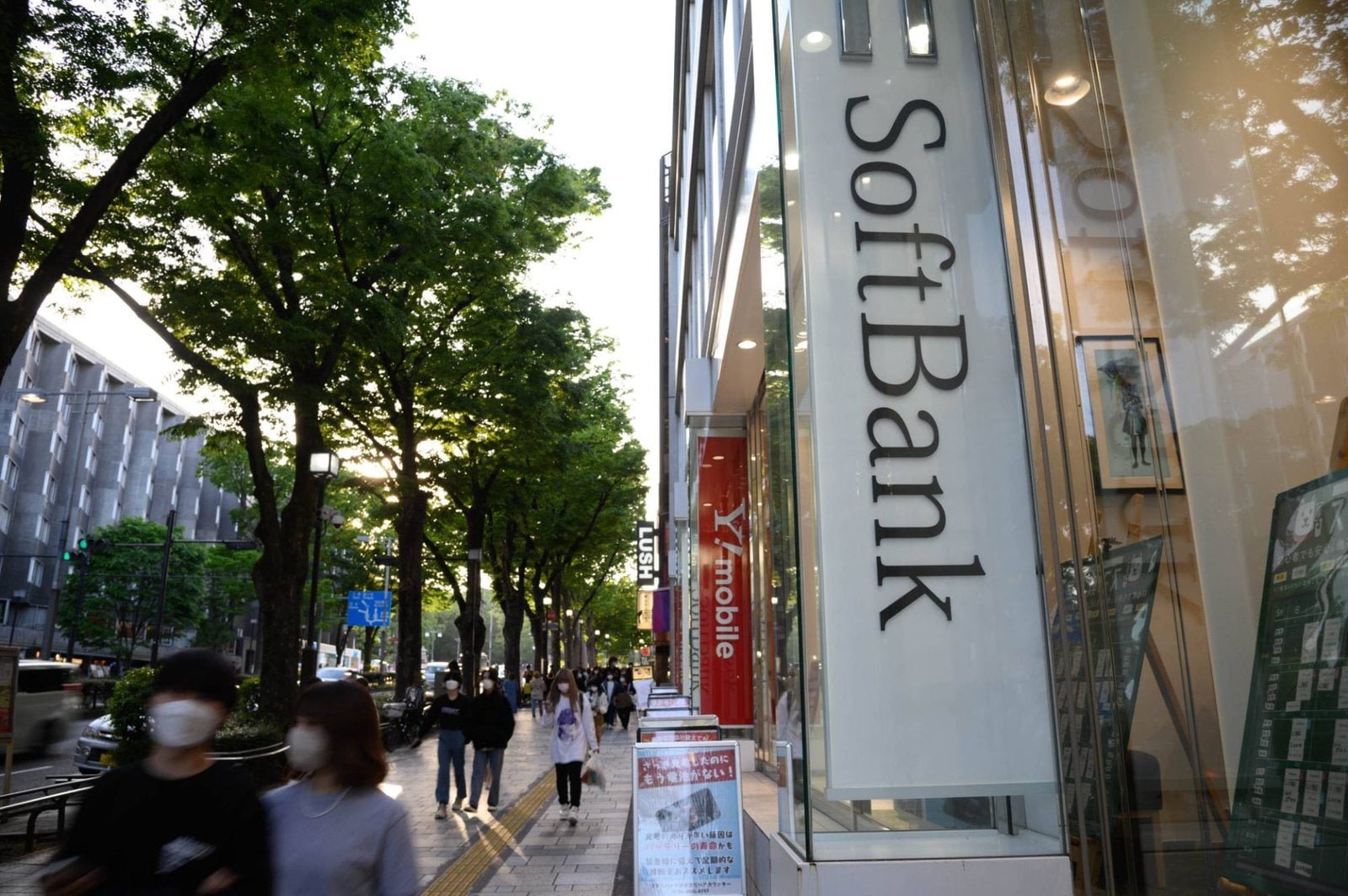SoftBank Considers Launching a Third Vision Fund – According to people familiar with company discussions, major startup investor SoftBank Group Corp. is considering launching a new fund as part of a strategy to rebound from the underwhelming results of its two earlier funds.
With a record $23 billion loss in the three months ending in June, SoftBank, headed by Chief Executive Officer Masayoshi Son, has been hit particularly hard by the rout in tech valuations that began last fall, posting a record $23 billion loss in the three months ending in June.
Much of that red ink is a product of its first two Vision Funds, the startup investment unit that Mr. Son formed in 2017 in a bid to dominate the venture sector. The $100 billion initial Vision Fund, which raised $60 billion from Saudi and Emirati wealth funds, was beset by giant soured bets on companies including WeWork Inc. and Didi Global Inc., leading to meager gains over five years.
People Also Read: US Treasury Seeks Public Comments on Crypto-Related Illicit Finance and National Security Risks
After increasing its expenditure precisely as valuations for companies like fintech Klarna Holdings AB reached their pinnacle, the successor Vision Fund 2, sponsored by SoftBank and designed to be more cautious, is currently valued 19% less than the $49 billion it invested.
Mr. Son told investors in August he was “quite embarrassed and remorseful” after having gotten caught up in the frenzy, and he has substantially cut back spending on startups. Still, he has said he is committed to the startup and tech sector long-term, and eventually plans to increase spending again.
After the market turned against unproductive tech investments, Mr. Son and SoftBank have attempted to forge a new path. He has also faced a string of departures of top staff. In July, the company said Rajeev Misra, who led the Vision Fund since it was created in 2017, would step back from his role overseeing new investments as he starts his own fund.
Despite the setbacks, SoftBank anticipates having more money over the coming year because of the public listing of its chipmaker Arm. It also makes money through its investment in Japanese telecom. Analysts and investors claim that the company’s alternatives are nonetheless more constrained today than they were before.
In order to fund a significant stock repurchase program, Mr. Son has been selling down SoftBank’s investment in Alibaba Group Holding Ltd. and its telecom interests. As a result, bets in startups have become more and more concentrated, with underwhelming results.
Some Vision Fund personnel are among those advocating for a new fund. One of the people familiar with the negotiations said that creating a new fund would allow them to reset their compensation, which is partially based on the fund’s and its investments’ profitability.
The current fund would require making back large losses before employees could get those bonuses. A new fund would put profits closer in reach. The company is also considering restructuring staff incentives for Vision Fund 2.
Mr. Son personally takes a hit with Vision Fund 2 in the red because of a $2.6 billion personal commitment he made. Based on the terms of the investment, Mr. Son didn’t put up the money himself but owes SoftBank if the fund ends up performing poorly.
People Also Read: Nasdaq Establishes Crypto Unit — Sees Increased Demand for Digital Assets Among Institutional Investors
Some investors and commentators have criticized the unusual investment, claiming that given its structure, Mr. Son’s objectives may be tainted and that he may be more focused on Vision Fund 2 than on other investments. The structure, according to Mr. Son, who controls more than one-fourth of SoftBank, better connects him with the investment fund. SoftBank set up its agreement in a way that enables the business to receive repayment for the majority of its investment prior to Mr. Son. Preferred equity makes up about $33 billion of their contribution to Vision Fund 2.
If Vision Fund 2 performed well, that arrangement would have resulted in disproportionately big earnings for Mr. Son, but today, with the fund in the red, it means disproportionately high losses. According to SoftBank disclosures, Mr. Son presently owes $2.1 billion on the investment. On his outstanding balance with SoftBank, he is assessed a yearly interest rate of 3%.




